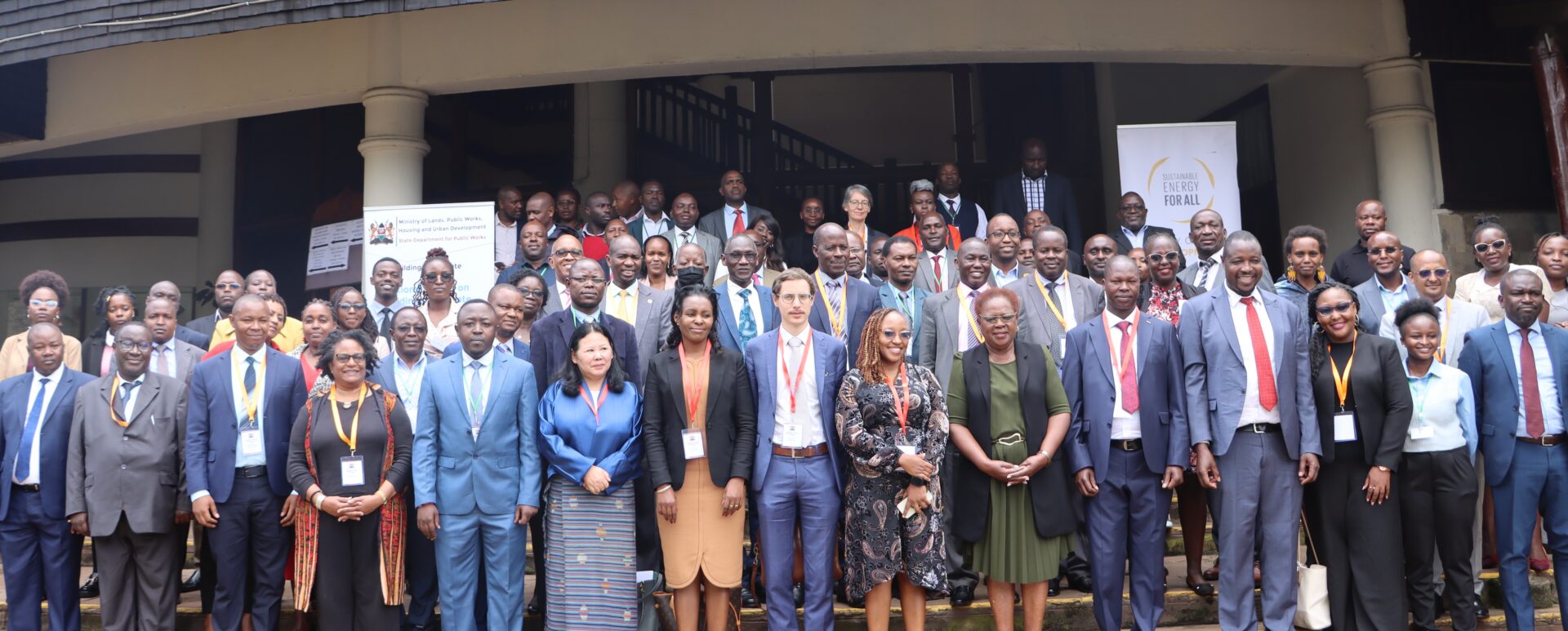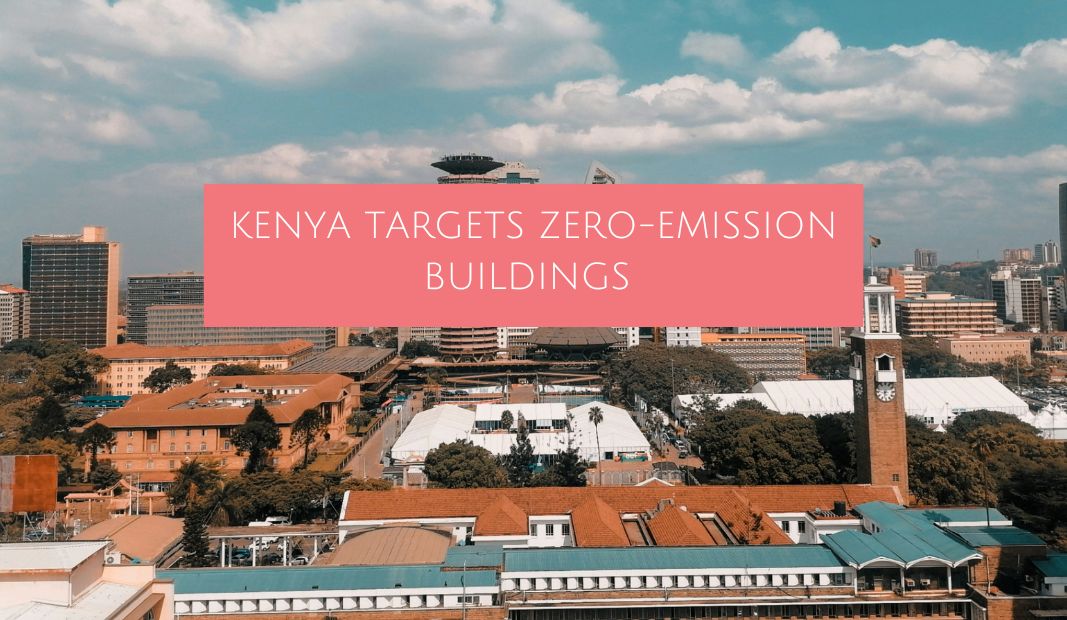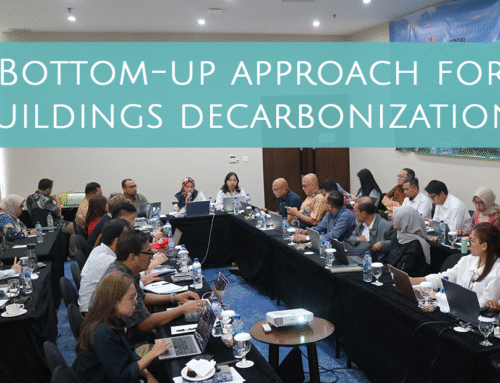Kenya’s first ‘National Forum on Buildings and Climate’ targets Zero-Emission, Efficient and Resilient Buildings by 2050
Kenya is amping up its climate action in the buildings and construction sector. Following its participation in the first ever Global Forum on Buildings and Climate in Paris in March, Kenya held its own first National Forum on Buildings and Climate on 15th May, 2024. Its theme “Towards a Zero Emission, Efficient and Resilient Buildings in the Construction Sector”, allowed for a range of discussions across the sector from the national level interventions to the more technical projects.
GBPN participated in the forum as a technical presenter, represented by Mugure Njendu, Program Development Consultant, Africa and Rehema Kabare, Program Assistant, Africa.
Ms Njendu presented about GBPN’s approach to Policy reform and Building Decarbonization roadmaps and moderated the session ‘Decarbonization and Vulnerability of Buildings’.
“Kenya’s swift action on holding the first National Forum is commendable. The country is keen on climate action initiatives,” Ms Njendu said.
“Kenya needs more ambitious goals in the building sector to meet the Buildings Breakthrough commitment, of which it is a signatory. And these ambitious goals must be supported by implementable policies. Decarbonization roadmaps are an effective implementation tool that Kenya can adopt. GBPN has used national roadmaps successfully in other regions to inform building policy reform and implementation.”
The forum was hosted by the State Department for Public Works under the Ministry of Lands, Public Works, Housing and Urban Development in collaboration with Sustainable Energy for All (SEforAll). The forum was attended by stakeholders from the national government, private sector, and NGOs.

Attendees at the National Forum on Buildings and Climate, Kenya
A call for inclusive solution to decarbonizing buildings
The discussions and presentations looked at various themes on building decarbonization, and a few points stood out.
- The national forum emphasized the crucial role of community input in driving effective and meaningful change.
- The voices of all community members, particularly the vulnerable and marginalized groups, must be heard and considered. This approach ensures that the outcomes are equitable and just.
- Discussions underscored the critical need for adequate financial resources to support the initiatives and projects proposed.
- Participants discussed how low carbon construction materials could significantly reduce the environmental impact of construction projects, contributing to broader sustainability and climate goals.
Next step for Climate Action goals
The session concluded with a discussion led by Kennedy Matheka, Coordinator, Buildings and Climate Unit at the Ministry of Lands, Public Works, Housing & Urban Development, on the next steps and a call to action. The discussion focused on these three key action items:
- Data Collection activities to inform actors about the current state of the construction sector and bring to light the actions to be undertaken to meet the development goals.
- A Decarbonization Roadmap that will guide the sector to a net-zero future and contribute to the 2025 NDC revision.
- Collective Action that leaves no one behind at all levels
It was also noted that the Kenya National Building Code would soon be reviewed at Senate level, a step that would draw the sector closer to achieve its set Climate Action goals
GBPN looks forward to working with the Kenyan Government in supporting the development and implementation of more ambitious building sector goals in the 2025 revised NDC.
Share This Story, Choose Your Platform!
Stay in touch with how we’re transforming the buildings sector
GBPN runs innovative building policy reform programs in key regions around the world that aim to tackle the climate emergency by decarbonising the buildings sector. Stay up to date with our newsletter.
Stay in touch with how we’re transforming the buildings sector
GBPN runs innovative building policy reform programs in key regions around the world that aim to tackle the climate emergency by decarbonising the buildings sector. Stay up to date with our newsletter.







